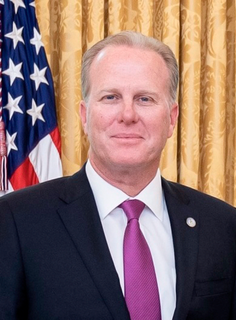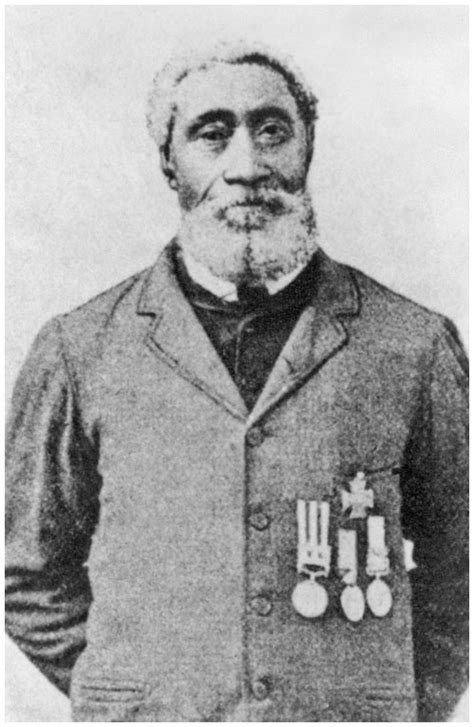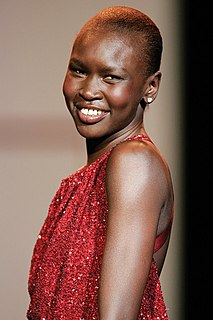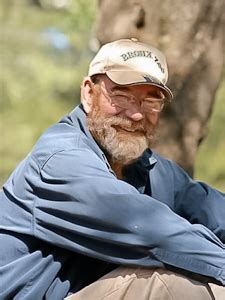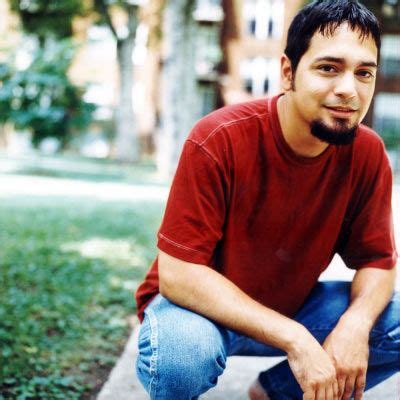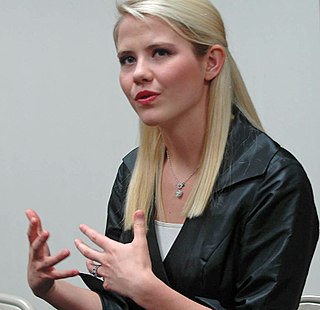A Quote by Tom Robbins
Our similarities bring us to a common ground;
Our differences allow us to be fascinated by each other.
Quote Topics
Related Quotes
Let us not be blind to our differences-but let us also direct attention to our common interests and to the means by which those differences can be resolved. And if we cannot end our differences, at least we can help make the world safe for diversity. For, in the final analysis, our most common link is that we all inhabit this small planet. We all breathe the same air. We all cherish our children's future. And we are all mortal.
The arts and humanities define who we are as a people. That is their power -- to remind us of what we each have to offer, and what we all have in common. To help us understand our history and imagine our future. To give us hope in the moments of struggle and to bring us together when nothing else will.
Let us pause before the Child of Bethlehem. Let us allow our hearts to be touched, let us allow ourselves to be warmed by the tenderness of God; we need his caress. God is full of love: to him be praise and glory forever! God is peace: let us ask him to help us to be peacemakers each day, in our life, in our families, in our cities and nations, in the whole world. Let us allow ourselves to be moved by God's goodness.
Whether we are Christians or Muslims or nationalists or agnostics or atheists, we must first learn to forget our differences. If we have differences, let us differ in the closet; when we come out in front, let us not have anything to argue about until we get finished arguing with the man. If the late President Kennedy could get together with Khrushchev and exchange some wheat, we certainly have more in common with each other than Kennedy and Khrushchev had with each other.
Why do we so mindlessly abuse our planet, our only home? The answer to that lies in each of us. Therefore, we will strive to bring about understanding that we are--each one of us--responsible for more than just ourselves, our family, our football team, our country, or our own kind; that there is more to life than just these things. That each one of us must also bring the natural world back into its proper place in our lives, and realize that doing so is not some lofty ideal but a vital part of our personal survival.
A human encounter with holiness is devastating. It refuses to allow us to be impressed with the things of the world we’ve been chasing. It refuses to allow us to remain comfortable in our sin. It refuses to allow us to remain on the throne of our lives. And it leads us to a relationship with the only One who can perfectly love us, who can forgive all our sins, and who can make us into His likeness. Our encounter with His holiness is our devastation. And our devastation is our salvation.
Here in America, we don't let our differences tear us apart. Not here. Because we know that our greatness comes from when we appreciate each other's strengths, when we learn from each other, when we lean on each other, because in this country, it's never been each person for themselves. No, we're all in this together. We always have been.
If we wish to know about a man, we ask 'what is his story--his real, inmost story?'--for each of us is a biography, a story. Each of us is a singular narrative, which is constructed, continually, unconsciously, by, through, and in us--through our perceptions, our feelings, our thoughts, our actions; and, not least, our discourse, our spoken narrations. Biologically, physiologically, we are not so different from each other; historically, as narratives--we are each of us unique.


